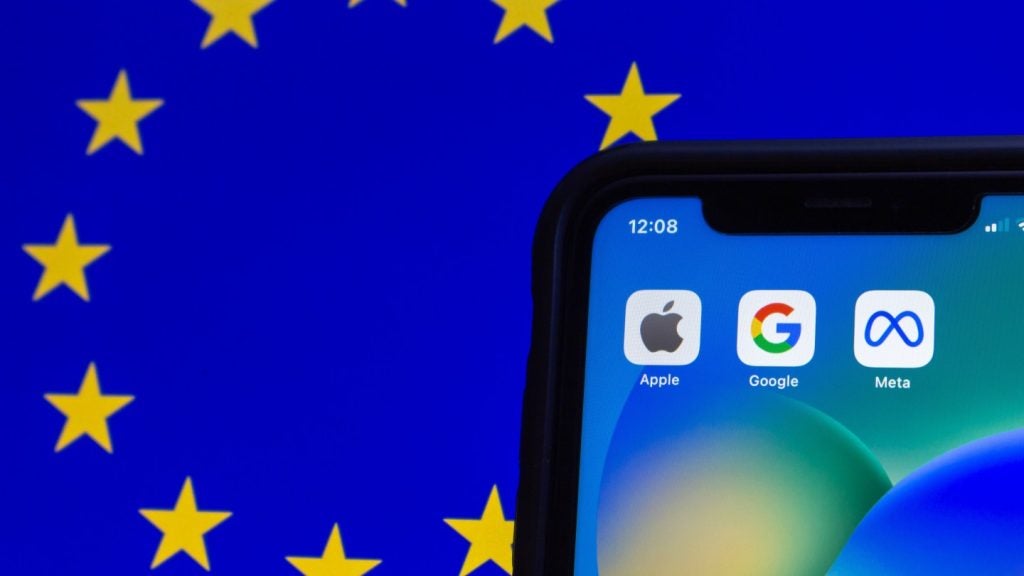The uncertain result of the British general election has left food and drink companies facing a weak and wobbly immediate future.
A weak pound is guaranteed to increase costs and make British companies more susceptible to foreign takeovers.
However the medium to long term results may be more positive, increasing the probability of a soft Brexit and a soft border between Northern Ireland and the Republic of Ireland, which could prove crucial to keeping future cost increases down.
By 2018, food and drink companies may even come to see the minority government as a fortuitous event.
The immediate future is concerning, though.
Britain faces an uncertain political future after the Conservative party lost their majority at the polls.
How well do you really know your competitors?
Access the most comprehensive Company Profiles on the market, powered by GlobalData. Save hours of research. Gain competitive edge.

Thank you!
Your download email will arrive shortly
Not ready to buy yet? Download a free sample
We are confident about the unique quality of our Company Profiles. However, we want you to make the most beneficial decision for your business, so we offer a free sample that you can download by submitting the below form
By GlobalDataExpect foreign investors eyeing up British companies to pull the trigger in the coming months, as the weak pound makes acquisitions cheaper.
Uncertainty over the stability of a minority Conservative government also means food and drinks companies will delay making significant investments in British facilities or staff.
The months ahead will determine the strength of the British government and its Brexit negotiating position.
It is only once this is more apparent that companies will feel comfortable committing to long term investment programs.
Equipment suppliers will be the biggest losers of this, as companies will push existing machinery to work longer and wait to see if consumer confidence remains at a level where investing in upgrades or expansions is worthwhile.
But once the immediate instability is over food and drink companies may actually see the election results as a positive event.
Brexit negotiations will have commenced, meaning food and drinks companies can operate in an environment where they have a better idea of what the future relationship between the UK and the EU will look like.
The strength of the Labour party and the increased power of pro-EU Conservative politicians make it more likely a soft Brexit will be negotiated, maintaining existing access to EU markets.
The Conservative party is expected to govern in association with Northern Ireland’s Democratic Union Party.
The DUP favours a soft border with the Republic of Ireland in order to maintain strong trade links.
The Conservative’s reliance on DUP votes means the status quo is likely to remain.
This is good news for the many British companies that both source ingredients from the Republic and sell products into this growing market.
Packaged food sales alone in the Republic are forecast to increase in value by over €800m between 2017 and 2020.
A soft border means British companies can be quietly confident of taking a substantial share of this growth.







